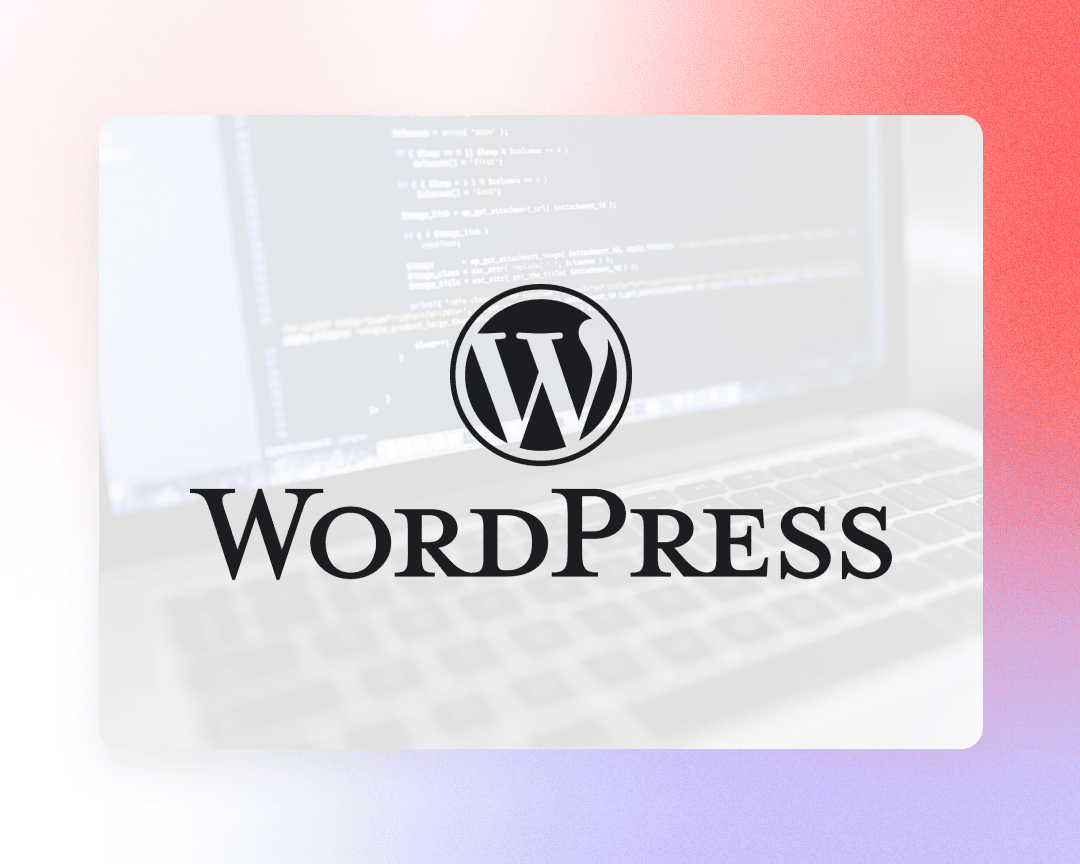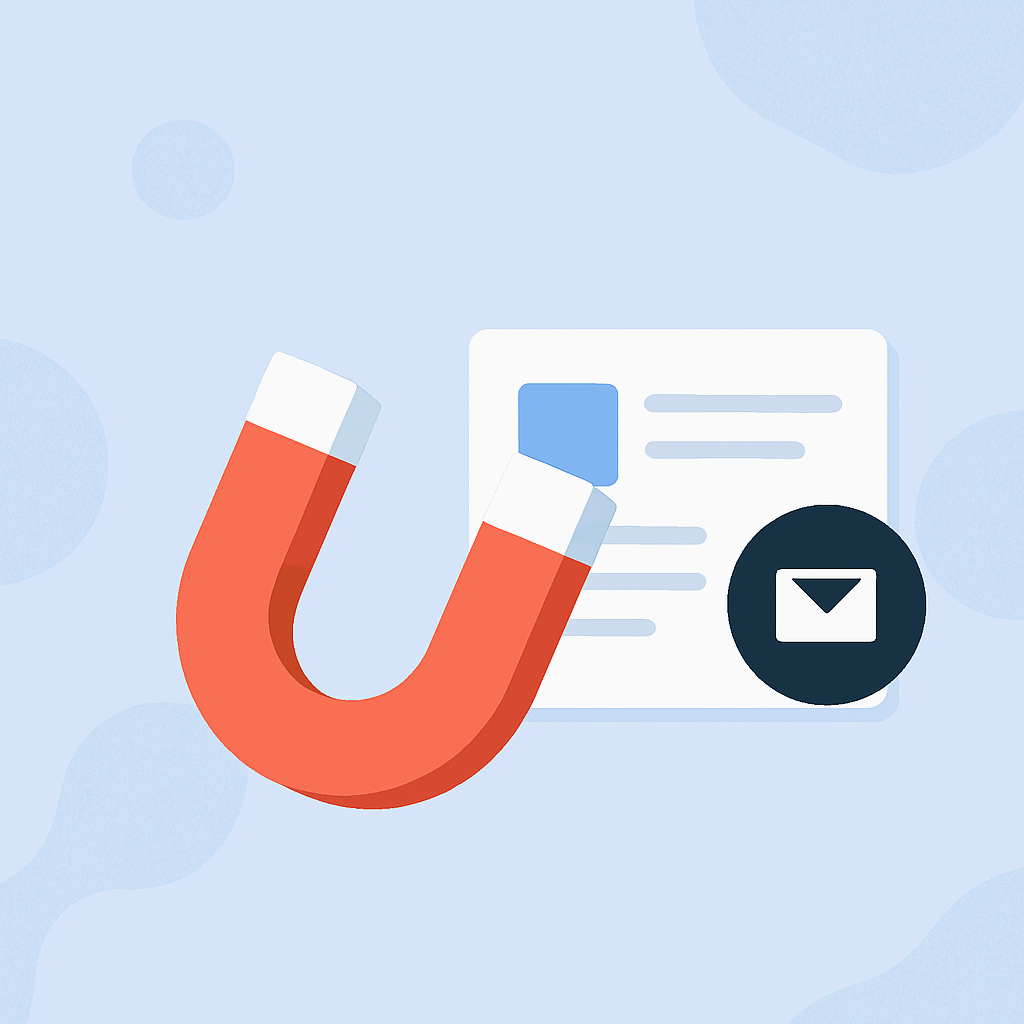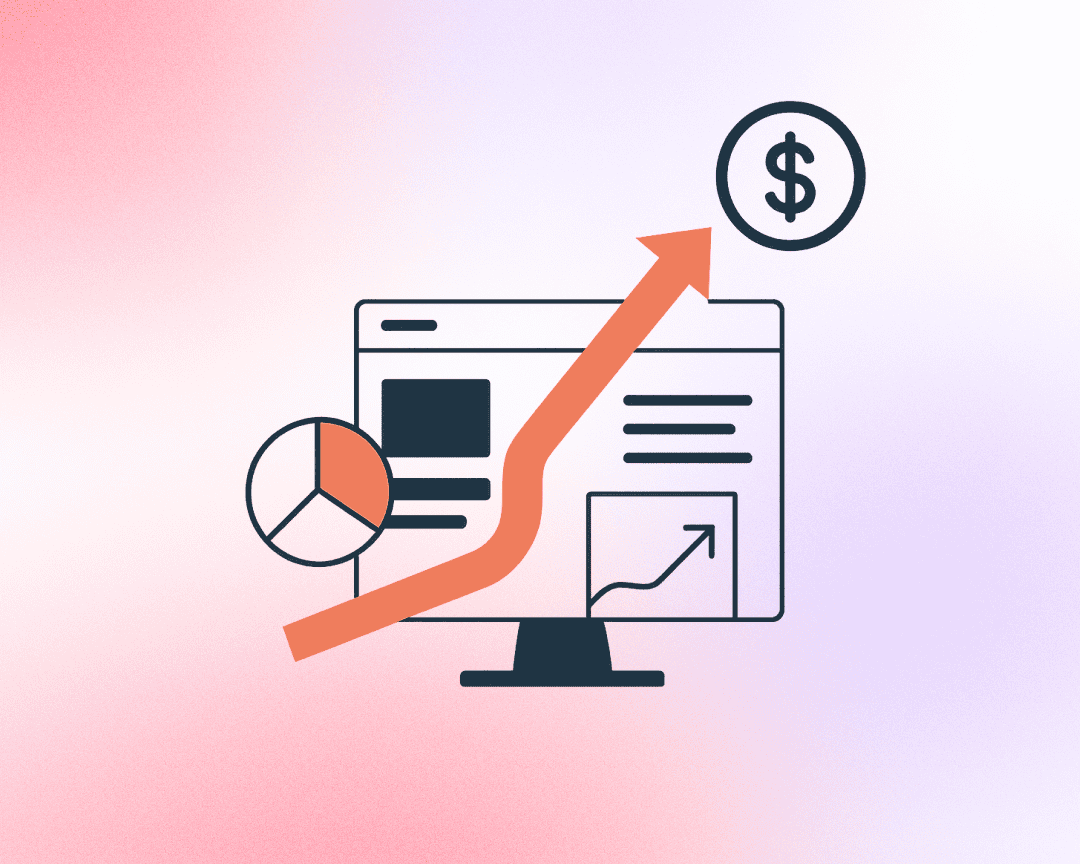Failing to update your WordPress core, themes, and plugins can expose your website to a range of significant risks. Here are the key potential dangers:
1. Security Vulnerabilities
Increased Risk of Hacks:
Outdated software is a primary target for hackers. Security patches and updates often address vulnerabilities that, if left unpatched, can be exploited to gain unauthorized access to your website .
Malware and Viruses:
Vulnerable sites are more susceptible to malware infections, which can lead to data breaches, defacement, and the distribution of malicious software to your visitors .
2. Compatibility Issues
Broken Functionality:
Newer versions of WordPress may introduce changes that are not compatible with older themes and plugins, causing parts of your website to break or malfunction .
Conflict Between Plugins:
Updated plugins may not work well with outdated ones, leading to conflicts that can disable critical website functions or features .
3. Performance Problems
Slow Load Times:
Updates often include performance improvements. Running outdated versions can slow down your site, leading to poor user experience and lower search engine rankings .
Resource Inefficiency:
Outdated code might be less efficient, consuming more server resources and potentially leading to increased hosting costs or even server crashes under high traffic .
4. Loss of Features
Missing Out on New Features:
Updates frequently include new features and enhancements that can improve functionality and user experience. Not updating means missing out on these advancements.
Deprecated Functions:
Some features in older versions may be deprecated or removed in future updates, leading to potential issues if you rely on them.
5. SEO Impact
Negative SEO Effects:
Search engines favor secure, fast, and reliable websites. Outdated software can negatively impact your SEO, reducing your site’s visibility and organic traffic.
Blacklisting:
If your site gets hacked and spreads malware, search engines might blacklist it, leading to a severe drop in traffic and credibility.
6. Legal and Compliance Risks
Non-Compliance with Regulations:
Websites must comply with various data protection and privacy laws (like GDPR). Updates often include necessary changes to stay compliant. Not updating can lead to legal issues and penalties (DesignRush).
Conclusion
Regularly updating WordPress, themes, and plugins is crucial to maintaining a secure, efficient, and fully functional website. Neglecting updates can lead to severe security breaches, functionality issues, poor performance, and legal problems, all of which can damage your reputation and business.








